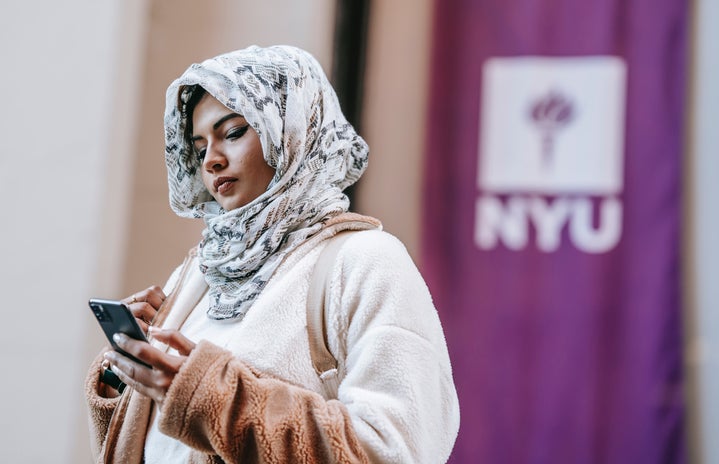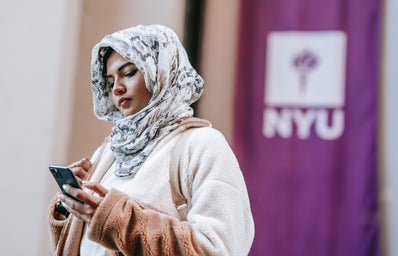What caused the protests in Iran?
On the 16th of September 2022, the death of 22-year-old Mahsa Amini sparked outrage in Iran and set off mass protests across the country. Mahsa Amini was arrested by the ‘morality police’ who claimed she was not wearing her hijab correctly. Amini was then beaten and repeatedly struck on the head. However, Iran’s Forensic Organisation claimed that her death was not as a result of these blows but rather from ‘underlying disease.’
Who’s protesting and what has the response been?
The protests have spread all over the world, causing global outrage. The first protest movement starting at Amini’s funeral, where Kurdish women removed their headscarves and chanted ‘death to the dictator.’ Women having taken to the streets, burning hijabs and cutting off their hair in anger. Many have been arrested, including celebrities and journalists. Dozens of people have been killed since the protests began back in September including protesters and members of the Basij paramilitary militia and the IRGC. Forces have taken a very violent response to the protests, including rifles and machine guns being used on citizens. This type of weaponry, usually being used in warfare and battle zones.
The continuous global struggle for female liberty
The pursuit of liberty in Iran and globally, is a continuous struggle for women. The treatment of Amini in regards to her hijab, has highlighted a long argued concern for Iranian women. For years and years, the people of Iran have ‘argued that the hijab was of secondary concern to attaining women’s rights.’ Global demonstrations have been taking place following the death of Amini, protesting in the name of ‘Women, life, liberty.’ Many women are still fighting for freedom while being faced with cruelty, gender discrimination and repression.
The cruel acts against Amini Mahsa are just a part of the injustice women are facing today. Yet when will these acts of violence truly stop? Even though global demonstrations accumulated crowds of 50,000 and #MahsaAmini was shared over 100 million times on twitter, global outrage isn’t enough. All over the world, gender bias and discrimination continue to allow gender-based violence. The barriers for liberty and equal opportunities are still very much present, even after years of protests and retaliation. Women have often been at the forefront of these demonstrations, calling for a change to social and political structures.
Yet the protests in Iran have been a decades old battle and many Iranians have taken the view, that the only way for this violence to end is for the end of the Islamic Republic. Therefore, for many, until they see the dismantling of this political system, this violence towards women will continue. Many will die in the face of injustice before further action is taken. So, female liberty will continue to be a struggle for many Iranians and for many women around the world.
Links Used
https://newlinesmag.com/argument/woman-life-liberty-a-slogan-one-hundred-years-in-the-making/


